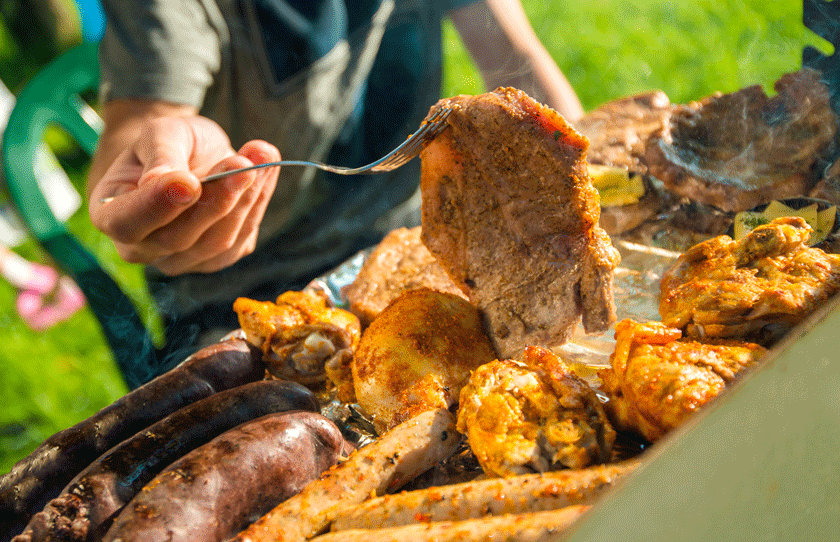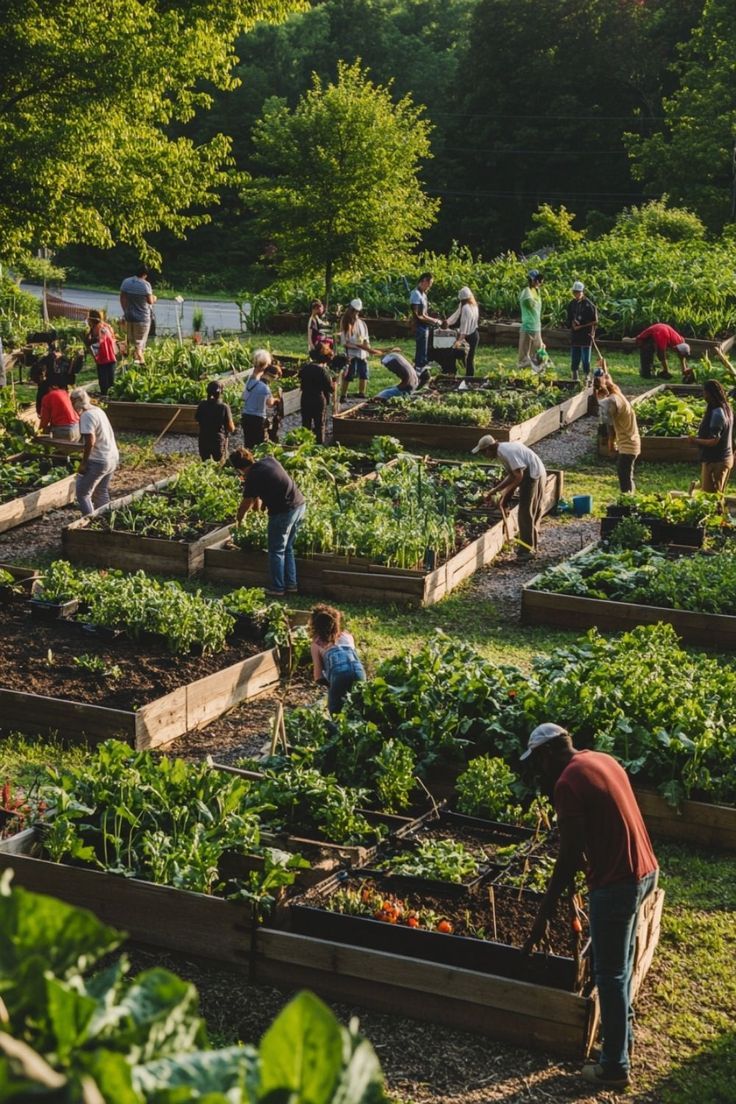When land is used to raise animals instead of growing food, water and soil are lost, trees are cut down to make room for hay or farmhouses, and animal waste pollutes rivers.
This has such a devastating effect on all aspects of our environment that the Union of Concerned Scientists lists meat consumption as one of the greatest environmental risks facing the Earth.
Globally, animal agriculture is responsible for more emissions than all the world's transportation systems combined. It's no wonder when you consider facts like these:
- Animals must consume 16 pounds of vegetation (17.25 kg) to convert it into 1 pound of meat (0.45 kg). Raising animals for food consumes more than half of all water used in the US. It takes 2,500 gallons of water to produce one pound of meat, but only 25 gallons to produce one pound of wheat.
- Producing just one hamburger uses enough fossil fuel to drive a small car 20 miles (32km). Of all the raw materials and fossil fuels used in the US, more than a third is devoted to raising animals for food.
- A typical hog factory generates the same amount of manure as a city of 12,000 people.
- Of all farmland in the US, 87 percent is used to raise animals for food. That's 45 percent of the total land area in the US. About 260 million acres of forest in the US have been cleared to create farmland to produce grass for animals raised for food. The meat industry is directly responsible for 85 percent of all soil erosion in the US.
- More than 80 percent of the corn that is grown and more than 95 percent of the grains are used to feed animals. The world's livestock alone consumes an amount of food equivalent to the caloric needs of 8.7 billion people – more than the entire human population on Earth. According to the Worldwatch Institute, “About 2 out of every 5 tons of grain produced in the world are fed to animals, birds, or fish; Reducing the consumption of these products, especially meat, can free up massive amounts of grain and reduce pressure on the land."
It is important to understand the impact of meat consumption on the environment and take measures to reduce this impact. Changing food habits towards a more plant-based diet and protecting the environment are steps that can help preserve our planet for the future.






